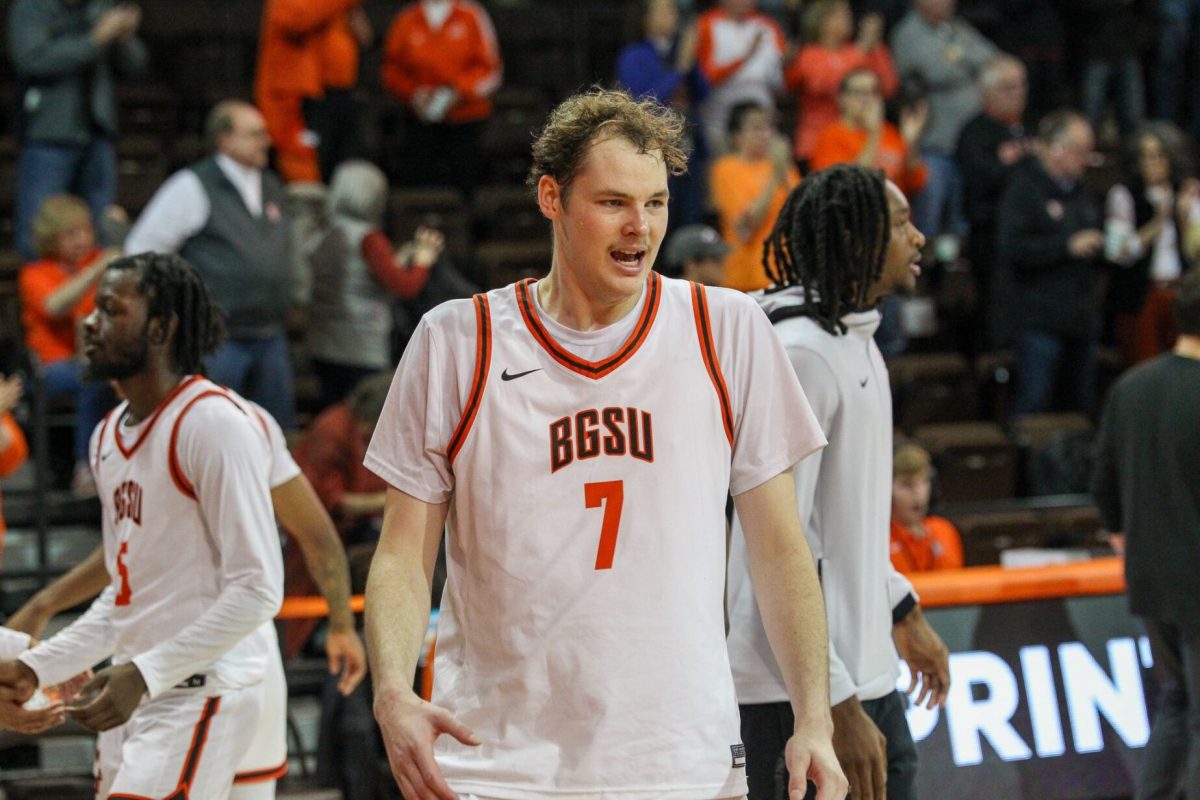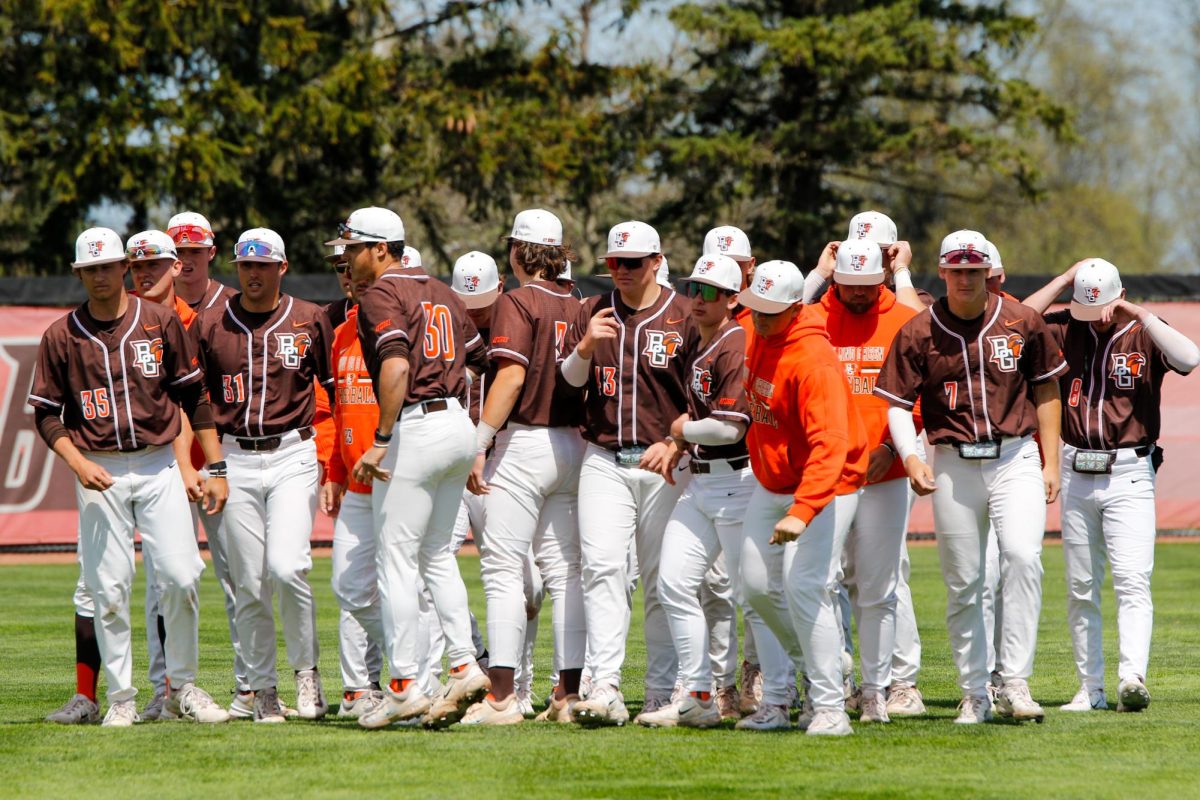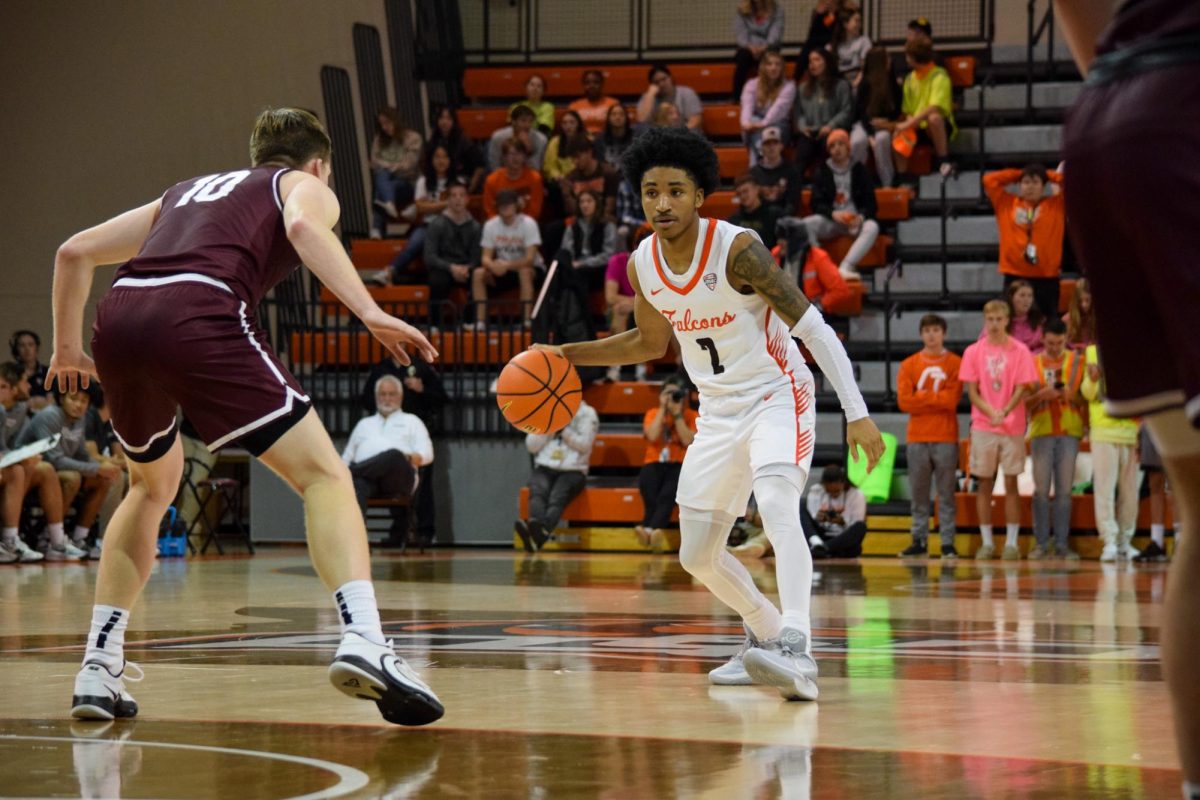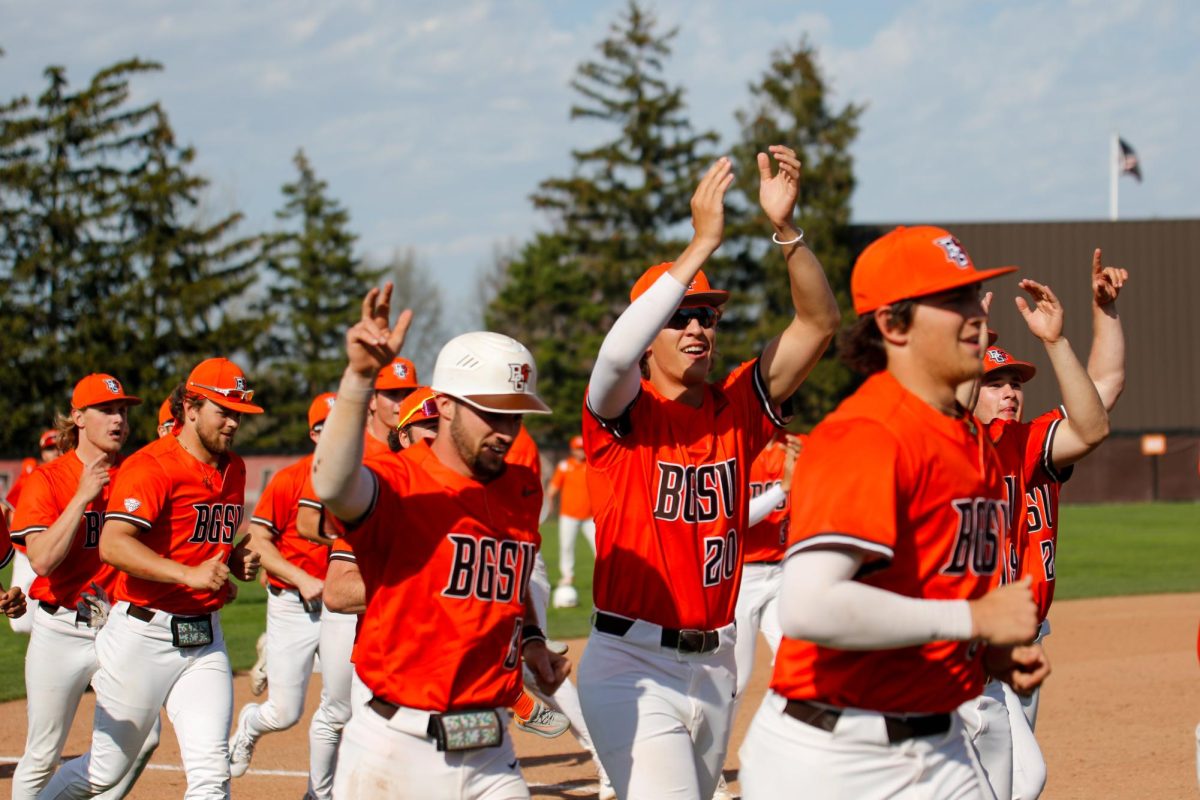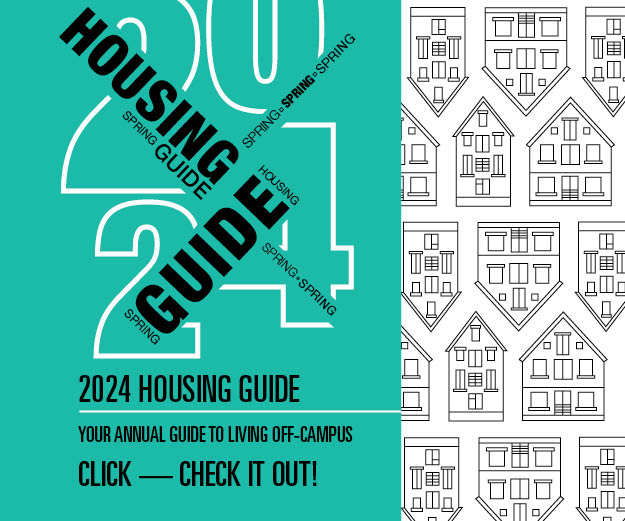Racial profiling — a shadowy form of discrimination — was brought to the forefront of discussion at the University last night by one of America’s most well respected authorities on the subject.
David A. Harris, law professor at the University of Toledo, spoke last night about the common misconceptions regarding racial profiling in his speech titled, “Racial Profiling: What is it? Does it work?”
Harris who is the author of two books focusing on racial profiling, said he first became interested in the topic when he was a defense lawyer. Even though he worked in a mostly white county, he said he noticed that most of the offenders in court were Afican-American and Latinos who were arrested during traffic search and seizures. This prompted him to do research on the rules regarding search and seizures.
In his presentation, he discussed the public’s opinion about racial profiling before and after 9/11. He said that prior to 9/11, 80 percent of Americans wanted racial profiling to be stopped. However, after 9/11, 60 percent of Americans weren’t opposed to profiling.
He used one newspaper headline — “Wake Up: Arabs Should be Profiled” — as an example of the general public’s attitude toward profiling, which said that racial profiling is an unfortunate price to pay for Arabs living in America.
With this headline, Harris highlighted what he thought has been a surprising — and frightening — 180 degree turn in our nation’s concensus treatment of minorities.
Harris opposed the article and its logic by focusing on research done in New York City in the late 1990s. He said the research was prompted by the assumption that, if police officers stop and frisk more people who are black or Latino, they would find more criminals.
Harris stressed that assumptions like that should be be questioned and researched. In New York, 15 months of stop-and-frisk records were studied by two researchers at Columbia University. Their research found that racial profiling was ineffective.
The research also found that Latinos made up 22 percent of New York City’s population, but made up 36 percent of the stop-and-frisks. Blacks made up 25 percent of the population, but were 56 percent of the stops. Additionally, whites made up 42 percent of the population, but were only 10 percent of the stops.
Harris explained that the research showed who was getting stopped, and that race was one of the factors used to stop and frisk people.
Stephanie Swiger, freshman, said she went to the presentation because she was interested in the topic and wanted to learn the facts from an expert.
“It’s pretty mind-blowing to hear the actual stats and see how ineffective racial profiling actually is,” Swinger said.
Further research determined whether racial profiling was successful at finding criminals.
Of the whites that were stopped by police officers, Harris said that only 12.6 percent of the stops resulted in arrest. Only 11.6 percent of the Latinos and 10.5 percent of blacks that were stopped actually resulted in arrests being made.
According to the results of the study, the stop-and-frisks are less successful when police officers use race as a profiling factor, Harris said.
“Those who think racial profiling is a good idea do not carry their argument because the data does not support it,” Harris said.
Student interest in racial profiling last semester, highlighted by a protest march by student group Reason Not Race!, prompted Student Legal Services and a host of other campus groups to bring an expert to speak in Bowling Green.
“We are lucky to have the country’s foremost authority on racial profiling here to speak about a topic that affects all of us,” said Rodney A. Fleming, the managing attorney for Student Legal Services, one of the groups responsible for bringing Harris the University.
Harris hoped to emphasize that the reason racial profiling is unsuccessful is because it causes police officers to focus on what someone looks like, rather than what they are doing.
“Race is a good descriptor, but a terrible predictor of behavior,” Harris said. “If you want to know who’s a terrorist, look for terrorist behavior. If you look at race or ethnicity, you will be deceived.”






